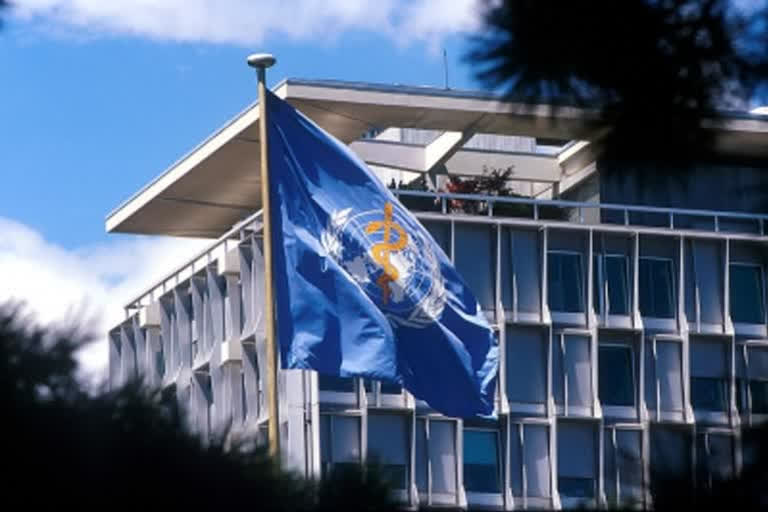New Delhi: On World Tuberculosis Day, the WHO highlighted the urgent need for national, international and global stakeholders to invest at least USD 3 billion annually in the South-East Asia region to avert nearly 45 lakh new TB cases and prevent more than 15 lakh deaths due to the disease by 2025. For the first time in over a decade, the number of TB deaths increased globally in 2020. In the South-East Asia region, it went up by nearly 10 per cent to more than seven lakh, with the COVID-19 pandemic reversing the progress achieved over the years in providing essential tuberculosis (TB) services and putting at risk the efforts to end TB, said Dr Poonam Khetrapal Singh, Regional Director, WHO, South-East Asia.
"Our momentum to end TB must not be halted. Finding increased investments and innovative financing mechanisms in ending TB will not only avert new TB cases and deaths but also avoid more than 31 million (3.1 crore) disability-adjusted life years in the region between now and 2025," Singh said in a statement. The World Health Organization (WHO) continues to accelerate efforts to end TB in all the countries in the region, in line with its flagship priorities, the global End TB Strategy, the UN Political Declaration on the Fight Against TB and Sustainable Development Goal target 3.3.
Throughout the COVID-19 response, countries have made commendable efforts to maintain essential health services, including for TB. In 2020, India launched a "Jan Andolan" or a people's movement against the disease. "Achieving the region's USD 3 billion annual investment target is especially important given the impact of the COVID-19 pandemic. In addition to the 10 per cent increase in TB mortality in the region in 2020, case notification dropped from 3.6 million (36 lakh) to 2.6 million (26 lakh) -- the same level as in 2015.
"After five years of growth, the region suffered an economic contraction of -5.4 per cent, pushing tens of millions of people into extreme poverty and exacerbating the social determinants of health," Singh said. In 2019, almost 23 per cent of the new TB cases in the South-East Asia region were attributable to undernutrition, which has since intensified among the poorest and most vulnerable, she added.
In all the countries in the region, the social and economic support for TB patients must be enhanced, they must be better integrated into social protection services and delineated into measures that are TB-specific, TB-inclusive and TB-sensitive, Singh said. "Amid the COVID-19 response and in the recovery that will follow, it will continue to be a critical concern," she noted.
Across the region, traditional and innovative financing mechanisms must be explored, Singh said, adding, "Our network of TB-financing agencies must be expanded. Together, we must achieve the highest attainable standards of rights-based, stigma-free, quality-assured, people-centric TB preventive, diagnostic, treatment, rehabilitative and palliative care." The WHO called for urgent, sustained and adequate investments in ending TB to save lives and secure a more equitable and sustainable future for all.
PTI



